Home Cost Organ Transplant Kidney Transplant

According to the Urology Care Foundation, a kidney transplant is one of the most common organ transplants performed today.
When a person has kidney failure or end-stage kidney disease, they may require a kidney transplant. This procedure is a life-saving choice for those in need.
If you have kidney failure and cannot have a kidney transplant for some reason, dialysis can help you sustain life.
During the dialysis process, harmful and waste substances are removed from the blood to maintain your health
If you are looking forward to getting detailed information, you can find it in this article, including stages, procedures, and more.
A person may need a kidney transplant if they have end-stage renal disease (ESRD) or are in a later stage such as 3B, Stage 4, or Stage 5.
Compared to a lifetime on dialysis, a kidney transplant can treat chronic kidney disease (CKD) or end-stage renal disease, allowing you the freedom to feel better and live a longer life.
The kidney Transplant procedure replaces the affected kidney with a new one, which can be from a deceased or living donor. Before processing the transplant procedure, the patient will go through tests, and then the transplant procedure will be started.
Here is the procedure that will be followed:
Before the Surgery
During the Surgery
After the surgery
In India, there are various tests available that should be done before kidney transplantation, and if you want to learn the names of the tests, the list is given below:
Determine the Donor and Recipient Compatibility
This test is to check if the patient is healthy, and for that, a donor goes through a series of blood tests: these tests consist:
Pre-Transplant Work-Up For Donor
1. Blood Tests:
2. Urine tests:
3. Radiology Tests:
4. Clearance for kidney transplant:
Pre-Transplant Work-Up For Recipient
1. Blood Tests:
2. Urine tests:
3. Radiology Tests:
4. Clearance for kidney transplant:
There are four types of kidney transplants given below is detailed information:
1. Deceased-Donor Kidney Transplant
A deceased donor kidney transplant is performed when a kidney from someone who has recently died is removed with the consent of the family and replaced with the recipient whose kidney has failed and no longer functions properly.
2. Living-Donor Kidney Transplantation
A living donor kidney transplant involves a donated kidney from someone who is alive and He/She must be a family member as they are mostly compatible living kidney donors.
3. Preemptive Kidney Transplant
This process is done when the kidney function declines. Dialysis takes the place of the kidney for regular filtration activity, which is an early stage of kidney transplantation for end-state illness.
4. Robot-Assisted Kidney Transplant
RAKT, Robot-assisted kidney transplantation is a process with minimally invasive techniques that get robot support to process kidney transplants. However, the surgery is performed by experts with extensive training and experience in robotics and transplant surgery.
End-stage kidney illness is a severe health issue that needs treatment before time. Experienced doctors perform this procedure to replace the kidney from the living or deceased donor to give them a new life. Still, on the other hand, it has complications or risks as well, so before processing for the surgery, consult the doctor.
| Kidney Transplant cost | |
|---|---|
| Treatment Name | Estimated Cost |
| Kidney Transplant | 13,000 - 14500 USD |
| Robotic Kidney Transplant | 15,500 - 16,000 USD |

Medically Reviewed By
Dr. Aryan Malhotra is a highly respected and compassionate medical professional with a strong academic background. He holds an MBBS and MD degree from DTMU University in Georgia. Driven by a deep sense of duty, he is dedicated to providing exceptional care to his patients.
The average cost of Kidney Transplant in India is 13000-14500 USD.
The success rate of Kidney Transplant in India is around 98%.
Pre-transplant package and 5-7 dialysis included. The recipient has to stay for 10 days and Donor has to stay for 6 days.
For 2 to 4 weeks, you won't be allowed to drive or move anything heavier than 10 pounds. If there are no difficulties, you might be able to return to light work in 6 to 8 weeks. You can ask questions about what you can and cannot do while recovering after a kidney transplant from your nurse coordinator.
Sure, after a kidney transplant, serious issues like blood-related problems, ureter complications, infections, rejection, and rare health events such as heart attacks or strokes can occur.
After a kidney transplant in India, doing exercises that make your heart and lungs work harder—like climbing stairs, running, cycling, or playing sports—helps keep them strong. You also need exercises that make your muscles and bones stronger, like walking or lifting light weights. Doing these about three times a week is good for you.
For 2-4 weeks, you won't be allowed to drive or move anything heavier than 10 pounds. If there are no difficulties, you might be able to return to light work in 6 to 8 weeks. You can ask questions about what you can and cannot do while recovering after a kidney transplant from your nurse coordinator.
Yes, it is necessary to have a companion.
Usually 6 months after.
Yes, you can do your own research and choose your therapist.
You can use Paracetamol regularly to manage mild to moderate pain. Moderate pain can be managed using non-steroidal anti-inflammatory drugs (NSAIDs) like diclofenac or ibuprofen.
Yes, insurance will cover the cost of a Kidney Transplant in India.
To discover the top doctors or hospitals in India, you can visit our website, mejocare on the doctors' page, you can filter and find the finest doctors, while on the hospital page, you can identify the best hospitals. Additionally, you can reach out to us, and we will gladly offer you all the necessary suggestions and information you need.
6-12 hours.
No, there is no waiting list for Kidney Transplant in India.
Before surgery, you might need tests like a blood test, urine analysis, chest X-ray, ECG, and kidney function tests to ensure everything is okay before the procedure.
During a kidney transplant in India, doctors typically use propofol, a safe and fast-acting medication that helps you sleep during the procedure without being completely unconscious.
Within 2 months.
Constipation is a common side effect after surgery, often due to medications like opioids. Some foods can help prevent it, while others can make it worse. Avoid high-fat, processed, and sugary foods to manage constipation effectively.
After surgery, monitoring your vital signs is crucial. Take care of your wound as advised and manage any post-operative complications that may arise. Engage in rehabilitation services to aid your recovery and attend follow-up appointments for a smooth healing process.

Nephrologist & Renal Transplant Surgeon
20+ Years of Experience

Nephrologist & Kidney Transplant Surgeon
40+ Years of Experience

Beds: 539
New Delhi

Beds: 230
New Delhi

Beds: 710
New Delhi

Beds: 650
New Delhi

Beds: 191
New Delhi

Beds: 310
New Delhi

Beds: 299
Gurugram

Beds: 380
New Delhi

Beds: 402
New Delhi

Beds: 1250
Gurugram
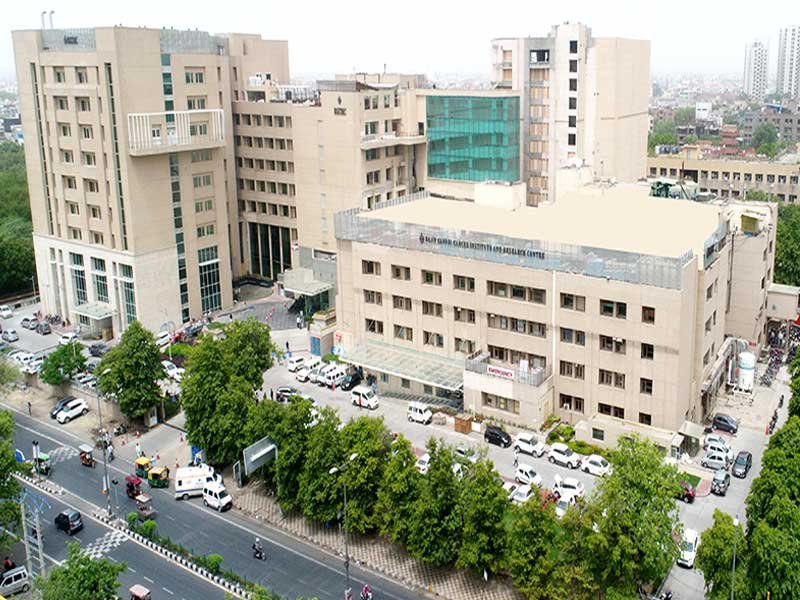
Beds: 500
New Delhi

Beds: 450
Faridabad

Beds: 675
New Delhi

Beds: 500
New Delhi

Beds: 400
Faridabad

Beds: 106
New Delhi

Beds: 495
New Delhi
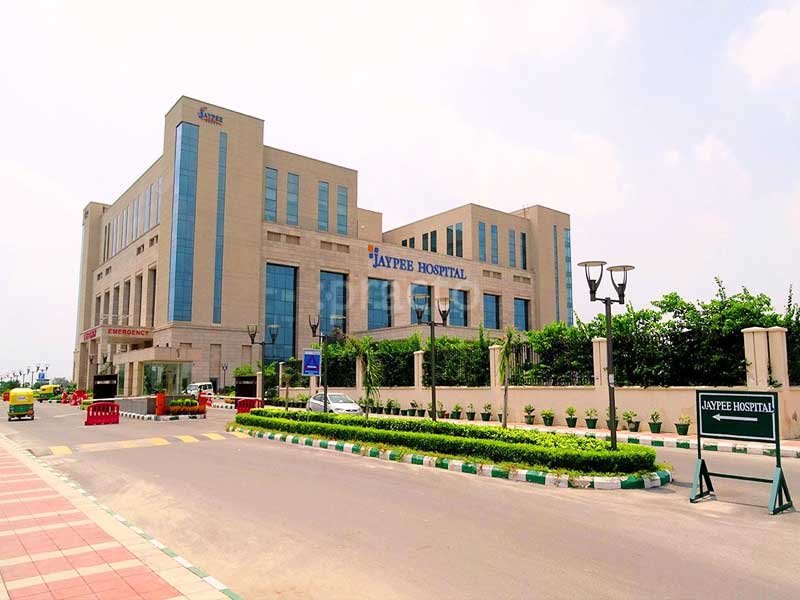
Beds: 504
Noida

Beds: 92
Gurugram

Beds: 130
New Delhi
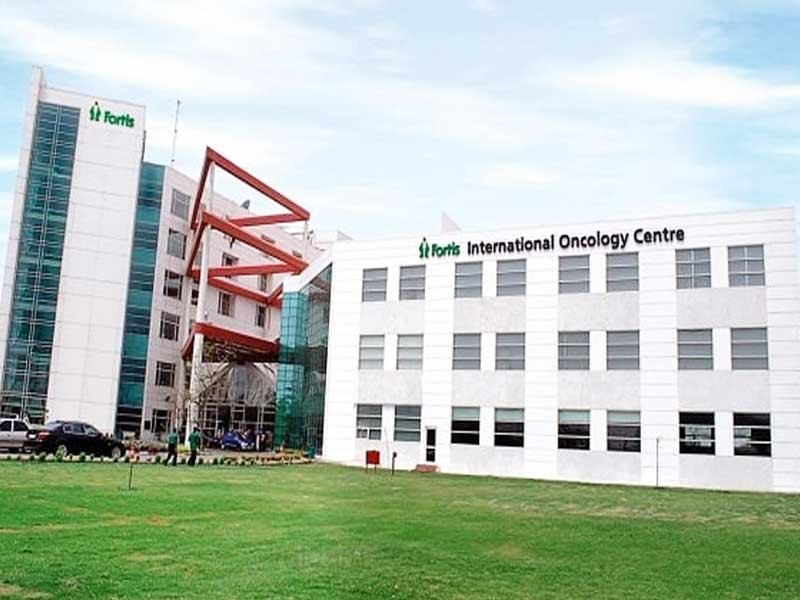
Beds: 236
Noida

Beds: 425
Faridabad

Beds: 250
Gurugram

Beds: 162
New Delhi

Beds: 111
New Delhi

Beds: 400+
New Delhi

Beds: 380
Faridabad

Beds: 250
New Delhi

Beds: 70
Gurugram

Beds: 262
New Delhi

Beds: 200
New Delhi

Beds: 50
Gurugram

Beds: 325
Faridabad

Beds: 550
Gurugram

Beds: 370+
Ghaziabad

Beds: 350
Gurugram

Beds: 2600
Faridabad

Beds: 7+
New Delhi

Beds: 207
Noida

Beds: 150
Gurugram

Beds: 450
Chennai

Beds: 560
Chennai

Beds: 400
Chennai

Beds:
Chennai
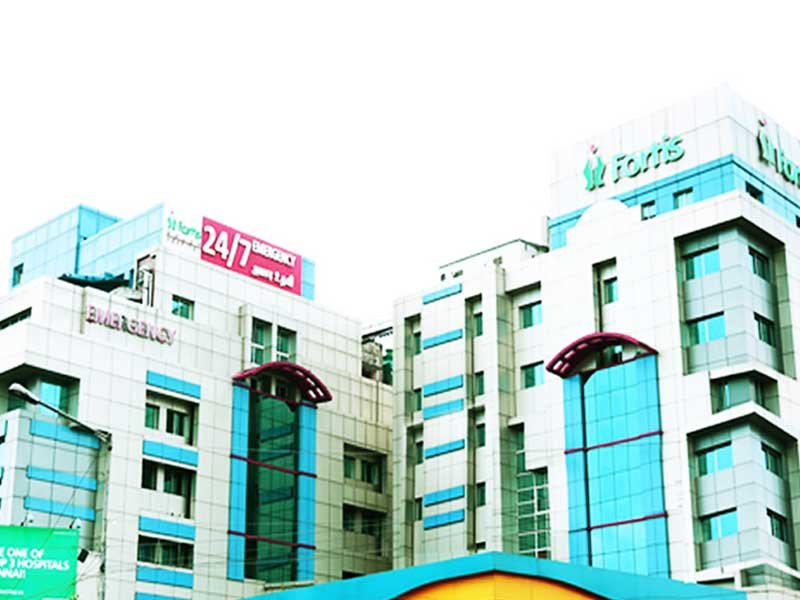
Beds: 180
Chennai

Beds: 200
Chennai

Beds: 750
Mumbai

Beds: 404
Hyderabad

Beds: 360
Chennai
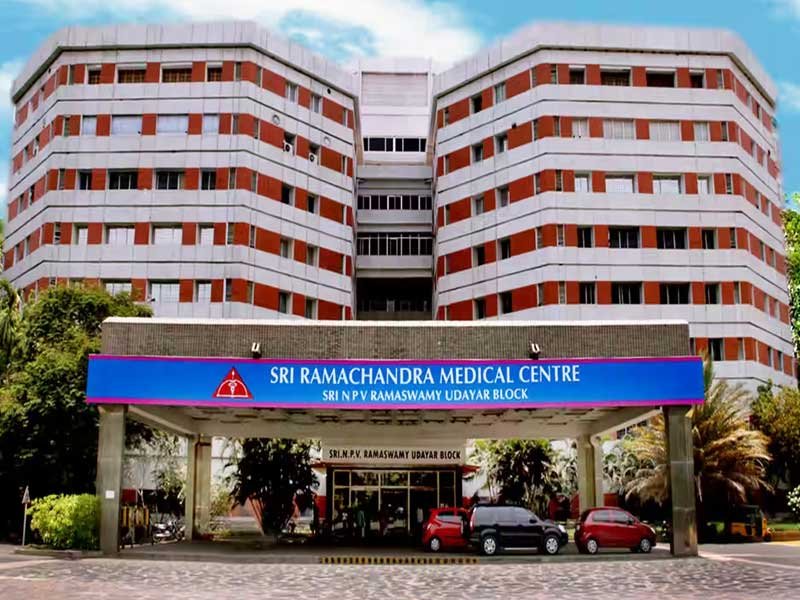
Beds: 800
Chennai

Beds: 1000
Hyderabad

Beds: 550
Hyderabad

Beds: 204
Hyderabad

Beds: 400
Hyderabad

Beds: 435
Hyderabad

Beds: 225
Hyderabad

Beds: 585
Hyderabad

Beds: 600
Pune

Beds: 350
Pune

Beds: 120
Pune

Beds: 700
Kolkata

Beds: 1300
Kochi

Beds: 600
Kochi

Beds: 670
Kochi

Beds: 510
Kochi

Beds:
Kochi
Our care team can help you.
